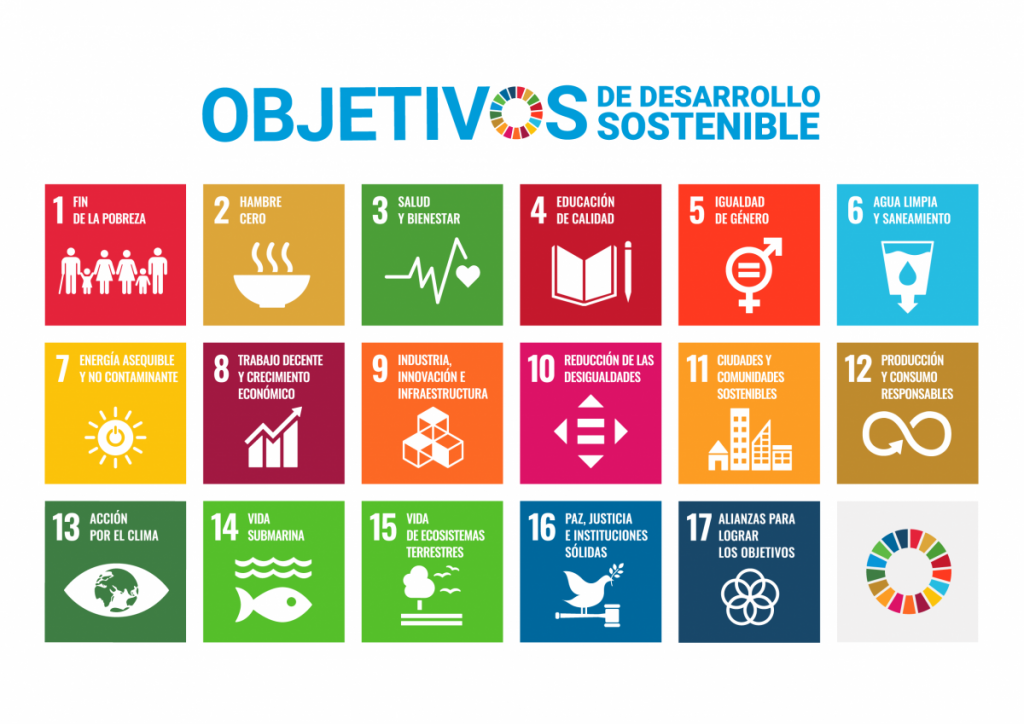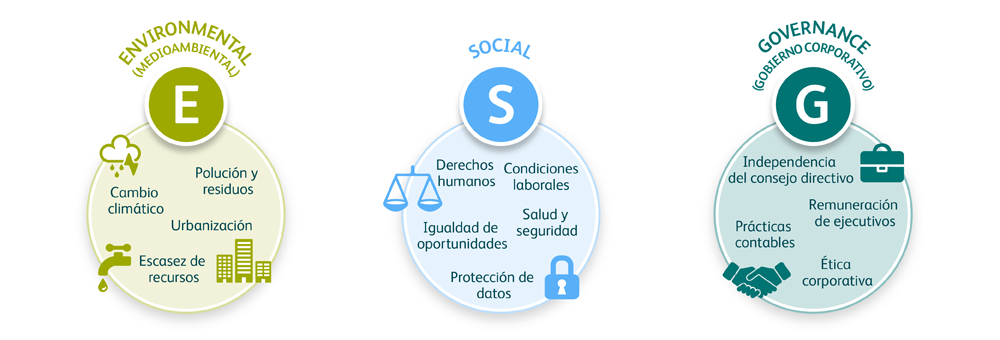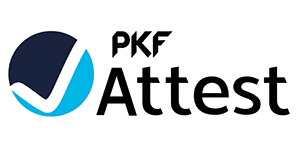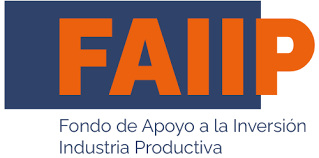
The Sustainable Development Goals (SDGs), adopted by the United Nations in 2015, cover areas such as responding to the threat of climate change, eradicating poverty, promoting gender equality and social inclusion, among others. The SDGs propose a plan to move towards a global economy that is much more responsible and inclusive of people and the planet.
The investment world, with funds that invest in companies at the forefront, is aware that it must collaborate decisively in the achievement of these SDG objectives, and it does so by applying the so-called ESG principles (E for Environmental, S for Social and G for Governance). These are non-financial criteria divided into three main groups:
- The environmental ones, which encompass aspects such as climate change, toxic emissions or renewable energies;
- Social criteria, such as the achievement of human rights, decent working conditions, equal diversity and access to information;
- Corporate governance, such as putting an end to corruption, promoting business ethics or fostering transparency.

Increasingly, pressure from the investment world and society in general will mean that companies will have to submit to these ESG principles if they want to obtain financing from the markets and their agents (banks, funds and investors in general). The Next Generation funds, for example, will have a strong ESG component, and more and more funds with which we collaborate at Altria Corpo are setting ESG criteria for financing medium-sized companies.
The ESG strategy is therefore absolutely crucial for companies in the coming years and is transformational in all areas of the company, so the responsibility for implementing it lies with the general management and governing bodies, and is not a matter that should be left to the marketing and communications department alone.
Altria Corpo, through its partnership with the leading PKF Attest group, can help companies to undertake the necessary ESG transformation processes from all sides:

- Definition of the ESG strategy, with the help of specialist strategic consultants.
- Participation in the implementation of the plans that have been defined: emission control plans, compliance, equality, conciliation, supplier management, etc.
- Measurement of the company’s progress over time based on objective ESG indicators, and benchmarking with companies in the sector.
- Support in obtaining an ESG certificate such as the B Corp certificate, among others.
- Implementation of Business Intelligence solutions to measure and track ESG KPIs.
- ESG audits



